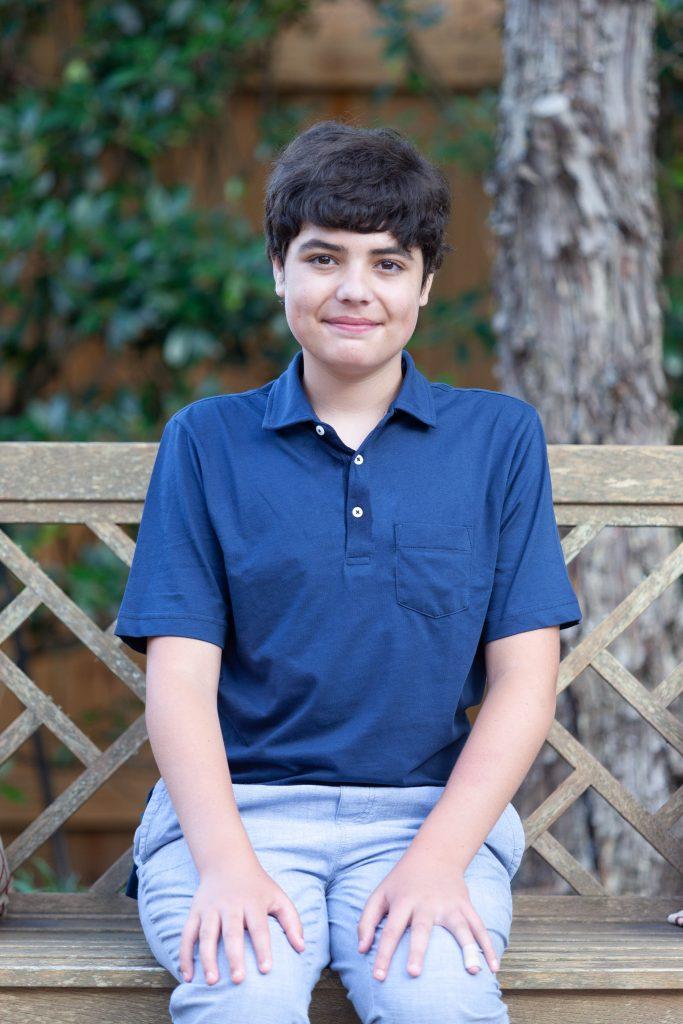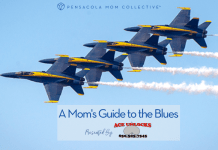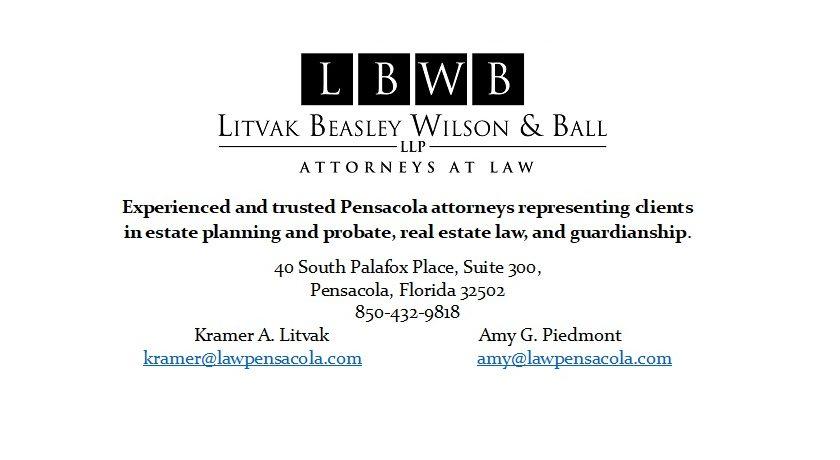April is Autism Awareness Month.
I feel a certain obligation to write about my personal experiences with autism each April. When I first held my sweet Matthew for the first time over eighteen years ago, I was full of bliss.
In that moment, autism was not in my vocabulary.
I never dreamed I would one day write about becoming his legal guardian.
But life happens, and autism and guardianship are words I speak daily. I sincerely hope sharing our story eases the burden for someone else.
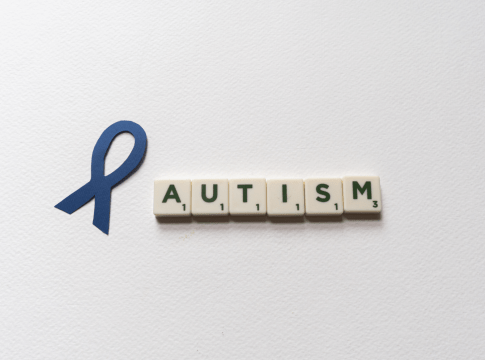

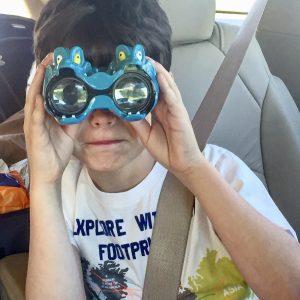
Initially, I envisioned this post as a “how-to” piece, but my vision changed as I wrote.
Ultimately, the piece serves two purposes.
First, a how-to, and second, an unpacking of the emotions surrounding the situation.
My youngest son, Matthew, received an autism diagnosis about fifteen years ago. Matthew turned eighteen in December of 2022. With the help of Matthew’s team of professionals, my husband and I determined Matthew needed some additional years of supervision before exercising full independence. With that in mind, we began the legal process of becoming Matthew’s guardian advocates in mid-2022.
The guardianship process varies not only from state to state but also from county to county within a specific state.
This provides a snapshot of the process we followed in Escambia County, Florida.
Depending on your location, you might experience slight or dramatic differences in the process. Make sure you understand the process in your geographic location before you begin.
The state of Florida defines a guardian as “a surrogate decision-maker appointed by the court to make either personal and/or financial decisions for a minor or for an adult with mental or physical disabilities.”
Furthermore, Florida defines guardian advocacy as “a legal process through which parents, family members, or friends of individuals with a developmental disability can obtain the legal authority to act on the individual’s behalf.”
Semantically the definitions appear the same; the differences lie in the legal process. If your child meets the criteria for one of the following disabilities, you may be eligible to seek guardianship through the “guardian advocacy” process, which allows the court to pronounce a guardian without the disabled individual appearing in court.
Florida Statute 393.063(12) provides the limited process for those with either mental retardation, cerebral palsy, autism, spina bifida, Prader-Willi, Down, or Phelan-McDavid syndromes, that manifested before the age of eighteen and constitute an indefinite substantial handicap.
Matthew’s autism diagnosis allowed us to follow the “guardian advocacy” process.
For purposes of this article, when I refer to “guardianship,” I mean “guardian advocate.”
As your soon-to-be adult child approaches their 18th birthday, you (and your spouse, if applicable) need to determine whether or not to pursue guardianship. If you do not have guardianship, it can affect your ability to act on your child’s behalf medically, financially, in educational settings, and so on.
If your answer to “Do we need to pursue guardianship?” is yes, step one involves securing an attorney.
We used local attorneys Kramer Livtak and Amy Glass Piedmont with the firm Litvak Wilson Beasley & Ball, LLP. Their office already provides our family with legal services, and they had experience in obtaining guardianship.
Step two, collect information required for filing.
Documents like proof of your child’s diagnosis, personal information regarding your employment history, educational history, any personal disabilities, criminal history, financial position, etc. This information helps complete the “Application for Guardian Advocate” that must be submitted to the court.
Once the application is approved, step three occurs. The court assigns an attorney for the prospective ward.
In our case, the court coincidentally assigned Karen Sunnenberg, a family friend. Karen acted most professionally and asked if we were comfortable with her serving in that role. Of course, we were, and we appreciated the level of respect she afforded us and Matthew.
Karen reached out and spoke with me to learn a little more about Matthew. Then she scheduled an appointment to speak with Matthew about the process. Karen presumed competence in Matthew and spoke with him in a kind and appropriate manner. Matthew confirmed his comfort with “mom and dad helping him make good decisions and choices” in the future.
After the court-assigned attorney meets with the prospective ward, step four takes place. The ward’s counsel schedules the hearing with the court.
In our case, the hearing occurred virtually and without Matthew. Depending on the circumstances of each individual case, hearings can occur in person and/or include the ward.
Step five involves the actual hearing.
The court approved my representing my husband and me during the hearing and allowed Matthew to be represented by his attorney. The hearing itself was short and sweet. Brett and I received approval to serve as Matthew’s guardian advocates.
I breathed a sigh of relief, thinking we were done.
Wrong.
Approval by the judge was just the beginning.
Step six meant attending a required course and learning how to be a guardian.
The dates for the in-person, eight-hour course at Pensacola State College were a conflict for us. Alternatively, we completed an eight-hour online course through another state school with the permission of the Escambia County Clerk of Court. The course required participants to pass a final exam with a 90% on the first attempt or to retake the course.
It’s the real deal, you cannot dial it in.
But wait, there’s more.
Step seven requires the guardian to submit an “Initial Guardianship Plan” and a “Verified Inventory.”
Keep in mind that I am a C.P.A. and am accustomed to particular rules and regulations. However, this course struck a level of fear in me. I learned that one must be extra meticulous in preparing documents. Guardians file these documents and any backup documentation on an annual basis. The Clerk of Court routinely audits these documents for accuracy.
Finally, when the court approves the submitted documents, the guardians have “nothing to do” except always act in the best interest of the ward and document every step along the way.
And when I say document every step, I mean it.
Keep copies of any receipts, bank statements, proof of doctor’s appointments, medication changes, etc. Everything is subject to scrutiny.
Here’s where we get to the all the feels and emotions part.
We parented this young man since birth in 2004, with no scrutiny along the way (other than the occasional side eye at church or the grocery store).
We chose his schools, doctors, therapists, diet, extracurricular activities, and caregivers for the last eighteen years. We weathered all kinds of storms, IEP visits, illness, homework, and puberty. Paid every bill (it’s expensive to raise a special needs child). No government funding except for the Florida Gardiner Scholarship.
In the eyes of the court, that experience doesn’t really matter. We have to dot the Is and cross the Ts; if we mess up, we subject ourselves to audit or removal as guardians. I say that tongue-in-cheek but with a grain of truth.
I felt like my skills as a parent were in question, like I had to prove both my love for and my ability to parent my own child.
The child I have already been parenting for eighteen years.
